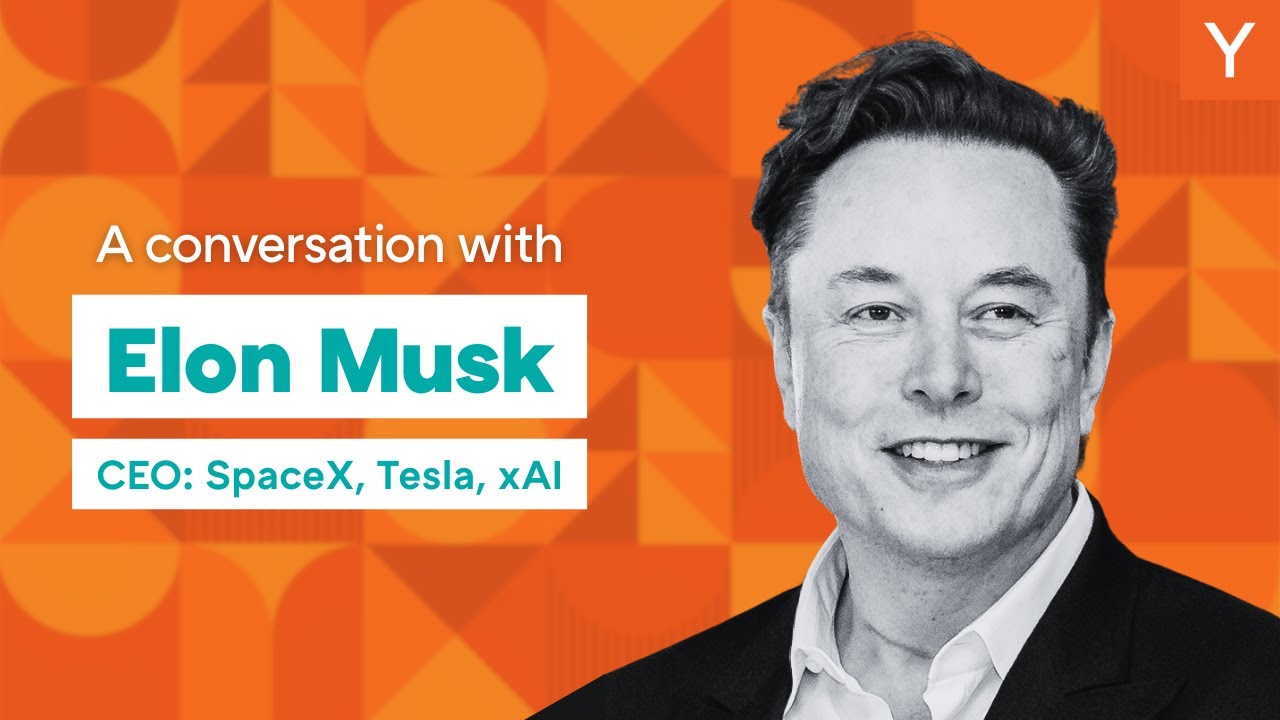Elon Musk discusses his journey of prioritizing utility over glory in building groundbreaking companies like SpaceX and Tesla, emphasizing first-principles thinking and truthfulness as keys to innovation. He envisions a future with digital superintelligence, advanced human-machine integration through Neuralink, and a multiplanetary civilization to ensure humanity’s long-term survival and progress.
In this insightful discussion, Elon Musk reflects on his journey from his early days coding and launching Zip2 to founding SpaceX, Tesla, Neuralink, and XAI. He shares how his initial goal was not to build something great but to create something useful, emphasizing the importance of utility over glory. Musk recounts the challenges he faced, including financial struggles and skepticism from others, especially when transitioning from software to hardware ventures like rockets and electric cars. His persistence and first-principles thinking helped him overcome these obstacles, ultimately leading to groundbreaking successes in multiple industries.
Musk highlights the significance of first-principles reasoning, breaking problems down to their fundamental truths rather than relying on conventional wisdom or analogies. He illustrates this with examples from rocket manufacturing and AI supercluster development, showing how questioning assumptions and focusing on core components can lead to innovative solutions. This approach, combined with a rigorous adherence to truth and minimizing ego, is central to Musk’s philosophy for engineering and leadership, especially in high-stakes, complex fields like AI and space exploration.
On the topic of AI, Musk expresses strong optimism about the near arrival of digital superintelligence, predicting it could happen within a year or two. He stresses the importance of building AI systems that are rigorously truthful and empathetic to humanity to ensure safety and beneficial outcomes. Musk envisions multiple advanced AI intelligences coexisting and contributing to scientific discovery and technological innovation. He also discusses the critical role of synthetic data and the challenges of grounding AI in reality, emphasizing the need for continuous improvement and collaboration in the AI community.
Musk also delves into the future of robotics and human-machine integration, particularly through Neuralink, which aims to dramatically increase human input and output bandwidth by interfacing directly with the brain. While he acknowledges that Neuralink is not necessary for achieving digital superintelligence, it will enhance human capabilities and help bridge the gap between biological and digital intelligence. He foresees a future where humanoid robots vastly outnumber humans, playing a major role in society, and stresses the importance of participating actively in shaping this future rather than being passive observers.
Finally, Musk discusses the broader vision of making humanity a multiplanetary species as a way to increase the longevity and resilience of civilization and consciousness. He explains that establishing a self-sustaining colony on Mars within the next few decades is crucial to safeguarding intelligence against existential risks. Musk also touches on the Fermi paradox and the rarity of intelligent life, underscoring the responsibility humanity has to preserve and expand consciousness. He encourages engineers and researchers to focus on creating useful, truthful technologies that benefit humanity and to embrace the profound opportunities and challenges posed by AI, space exploration, and human augmentation.
